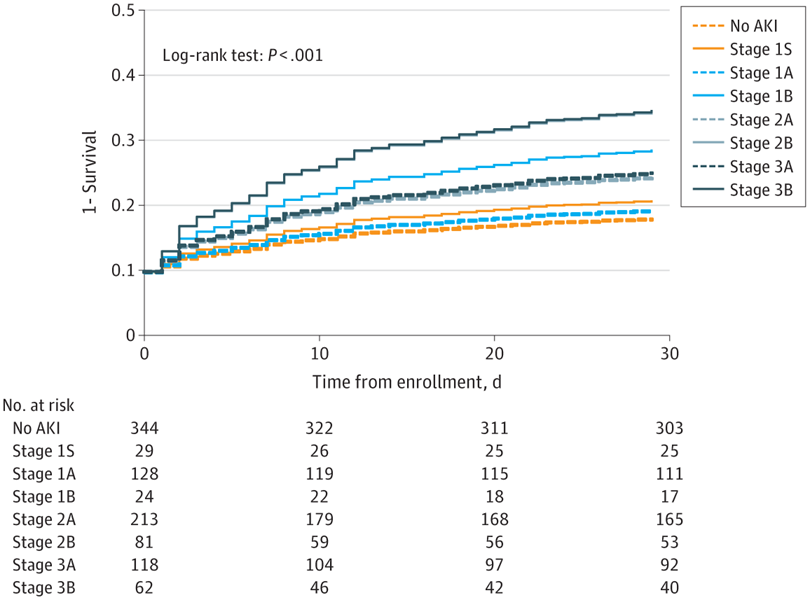2022-05-19 イリノイ大学アーバナ・シャンペーン校
これまでは、高脂肪食や血中コレステロールの上昇が、感染症に対する感受性や免疫反応の低下と関連していた。例えば、COVIDやインフルエンザでは、肥満が重症化の危険因子として知られています。しかし、これらの感染症におけるコレステロールの寄与を分離した研究はほとんどなく、食事性コレステロールの影響を明確にした研究もなかった。
<関連情報>
- https://aces.illinois.edu/news/dietary-cholesterol-worsens-inflammation-sickness-mice-influenza
- https://www.jimmunol.org/content/early/2022/05/15/jimmunol.2100927
A型インフルエンザウイルス感染マウスにおいて、食事性コレステロールが炎症性不均衡を引き起こし、罹患率を悪化させる件 Dietary Cholesterol Causes Inflammatory Imbalance and Exacerbates Morbidity in Mice Infected with Influenza A Virus
Allison Y. Louie, Joseph Tingling, Evan Dray, Jamal Hussain, Daniel B. McKim, Kelly S. Swanson and Andrew J. Steelman
The Journal of Immunology Published:May 16, 2022
DOI: https://doi.org/10.4049/jimmunol.2100927
Abstract
Influenza is a common cause of pneumonia-induced hospitalization and death, but how host factors function to influence disease susceptibility or severity has not been fully elucidated. Cellular cholesterol levels may affect the pathogenesis of influenza infection, as cholesterol is crucial for viral entry and replication, as well as immune cell proliferation and function. However, there is still conflicting evidence on the extent to which dietary cholesterol influences cholesterol metabolism. In this study, we examined the effects of a high-cholesterol diet in modulating the immune response to influenza A virus (IAV) infection in mice. Mice were fed a standard or a high-cholesterol diet for 5 wk before inoculation with mouse-adapted human IAV (Puerto Rico/8/1934), and tissues were collected at days 0, 4, 8, and 16 postinfection. Cholesterol-fed mice exhibited dyslipidemia characterized by increased levels of total serum cholesterol prior to infection and decreased triglycerides postinfection. Cholesterol-fed mice also displayed increased morbidity compared with control-fed mice, which was neither a result of immunosuppression nor changes in viral load. Instead, transcriptomic analysis of the lungs revealed that dietary cholesterol caused upregulation of genes involved in viral-response pathways and leukocyte trafficking, which coincided with increased numbers of cytokine-producing CD4+ and CD8+ T cells and infiltrating dendritic cells. Morbidity as determined by percent weight loss was highly correlated with numbers of cytokine-producing CD4+ and CD8+ T cells as well as granulocytes. Taken together, dietary cholesterol promoted IAV morbidity via exaggerated cellular immune responses that were independent of viral load.


